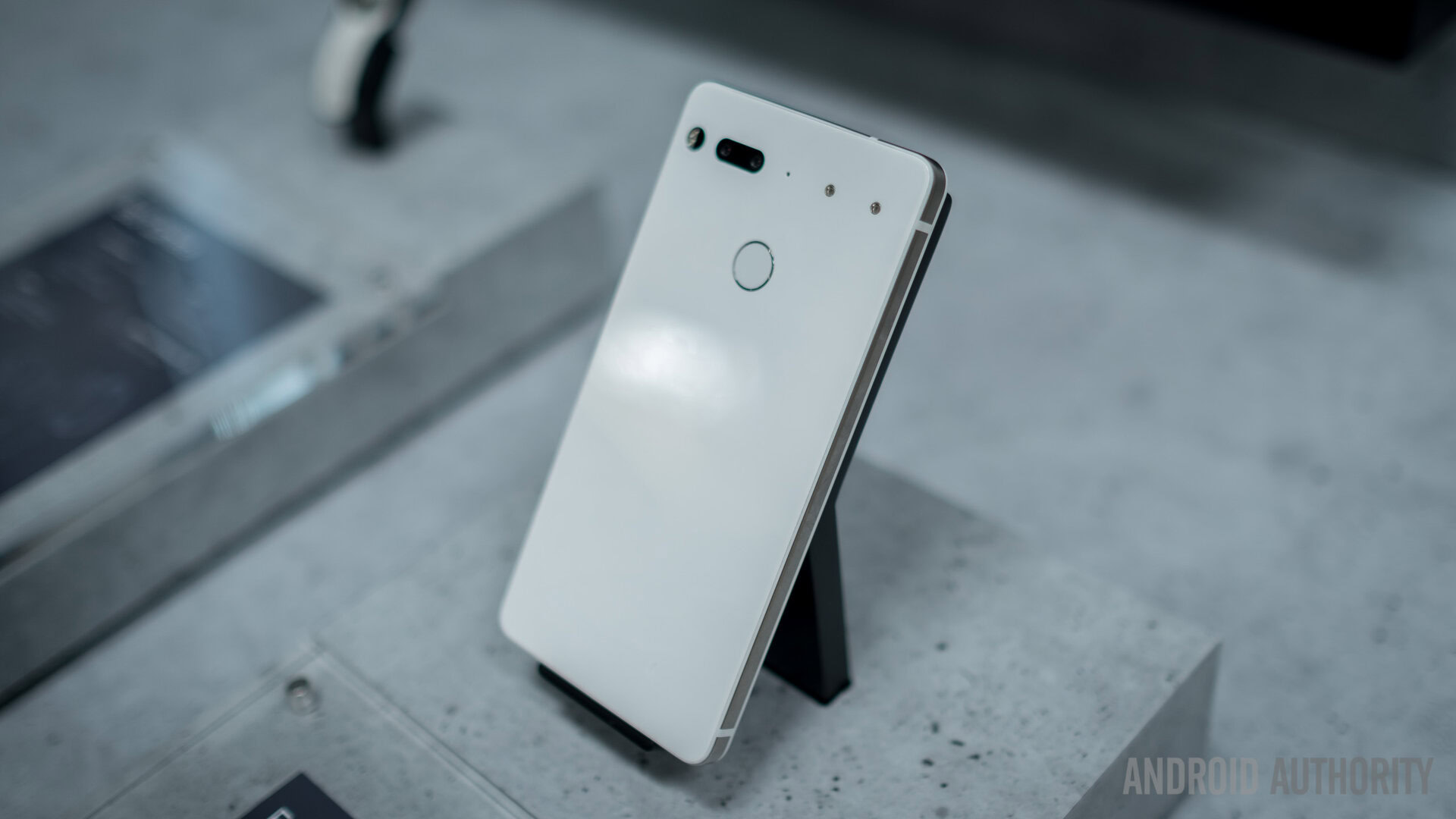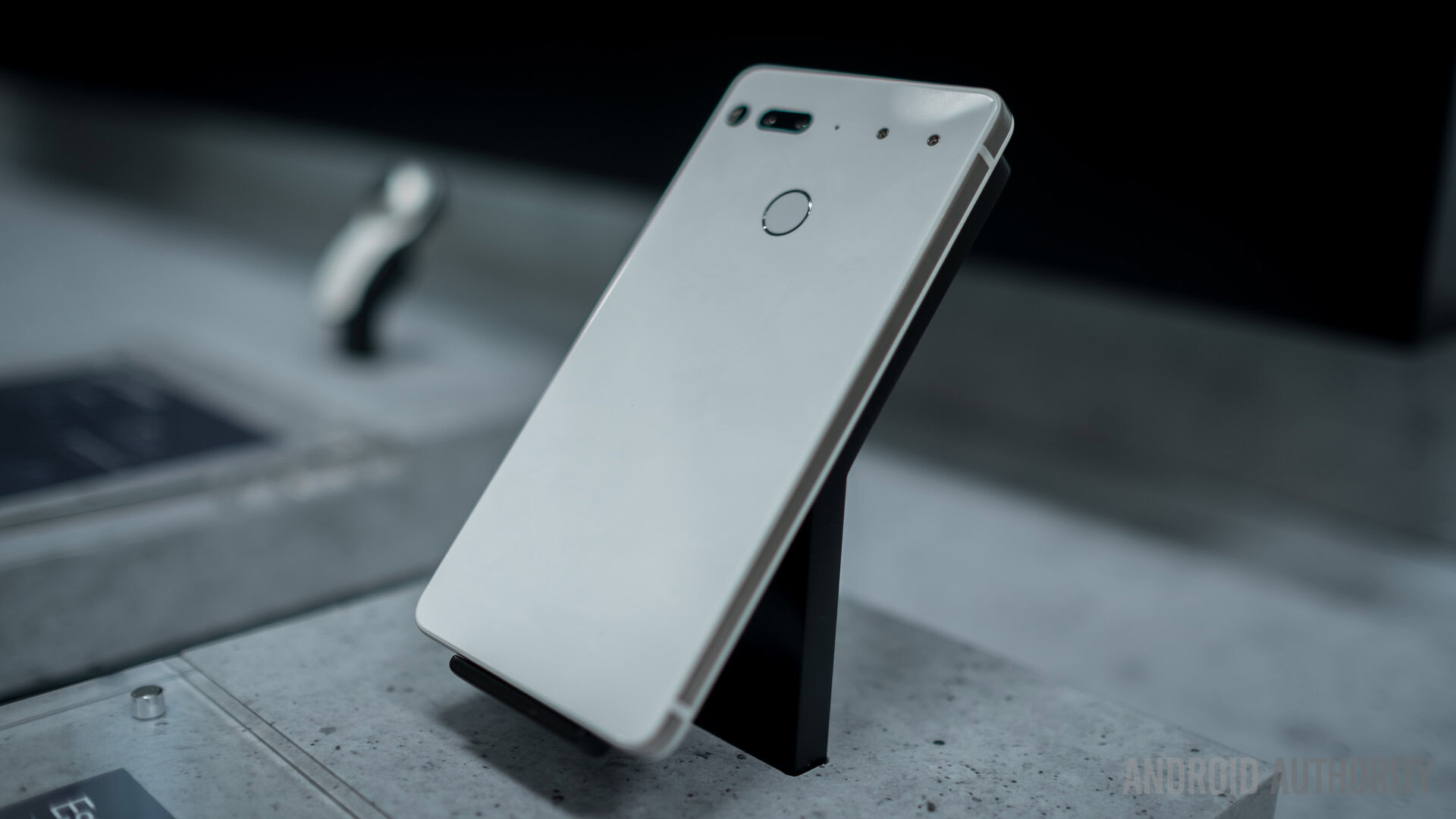Affiliate links on Android Authority may earn us a commission. Learn more.
Andy Rubin's Essential in hot water over allegedly stealing connector technology
Published onOctober 16, 2017

Android co-founder Andy Rubin probably didn’t imagine this being how Essential‘s first year of existence would play out. The Essential Phone turned out to not be the juggernaut we wanted it to be, shipping delays pushed the phone’s actual debut well into August instead of the original June timeframe, and customers’ personal information accidentally being shared.
Alas, things don’t get better for Rubin in 2017 as Essential was sued by Keyssa, a company backed by Tony Fadell, co-founder of Nest and the brainchild behind the iPod’s concept and initial design.
Before we delve into Keyssa’s complaint, we need to first discuss the Essential Phone and its modular connector pins on the back. Those pins are what allow Essential to try and build accessories and smart home devices, such as the 360-degree camera, with the Essential Phone at the center of it all.

Keeping that in mind, Keyssa said it was in talks with Essential for roughly 10 months, with the talks centered around how to incorporate Keyssa’s technology into the Essential Phone. Bringing that technology to life was a Keyssa-developed microchip, which allows for low-frequency data transmissions without relying on Wi-Fi and Bluetooth networks.
Essential ultimately turned to another company, SiBEAM, to create that microchip. However, Keyssa says Essential stole its underlying technology, which turned into a bigger no-no due to the non-disclosure agreements that protected the two companies’ meetings and should have prevented Essential from using those trade secrets to make commercial products.
More specifically, Keyssa argues that the Essential Phone still incorporates its “techniques,” such as the antenna designs and how the phones were tested. The company also says it was in talks with Essential to rectify the issue to no avail.
Keyssa has not been compensated for Essential’s use of this guidance and know-how. We are pursuing this action because our attempts to resolve this matter through discussions with Essential have not been successful.
For its part, Essential said it was not officially served the lawsuit, so it could not comment on the matter. Regardless, this is yet another black eye in Essential’s 2017, and you can’t help but think that Rubin must be happy that 2017 is almost in the rearview mirror.